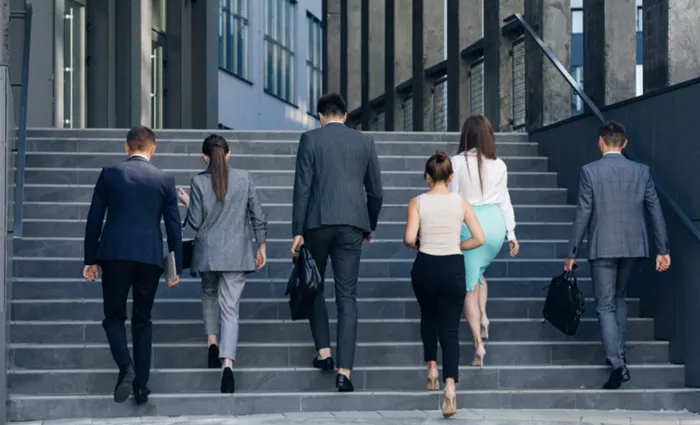The German government is taking significant steps to attract more skilled workers, particularly from India, as it addresses labor shortages in key sectors. Recently, the government announced measures aimed at easing the migration process for Indian workers.
Increased Visa Quota
German Ambassador to India, Philipp Ackermann, revealed that the annual cap on visas for skilled migrants will rise from 20,000 to 90,000. This increase aims to prioritize workers in high-demand fields such as information technology, nursing, and caregiving, where Germany faces a critical labor shortage.
Faster Visa Processing
Indian applicants can now expect quicker visa processing times. The German government has reduced the processing period from nine months to just two weeks. This change will benefit nearly 400,000 individuals who previously faced long delays.
Digital Visa Applications
By the end of 2024, the Schengen Area will introduce online applications for visas, allowing non-EU citizens to apply digitally. This new system will simplify the application process, eliminating the need for in-person visits to consulates or embassies.
Relaxed Language Requirements
For those applying for a Blue Card, which allows skilled workers to live and work in Germany, the language proficiency requirements have been relaxed. Applicants no longer need to demonstrate advanced German language skills. Additionally, the salary threshold has been lowered, and having a degree is now sufficient for eligibility.
Job Vacancies in Germany
Germany currently has around 570,000 unfilled job vacancies across various sectors. A report from the European Labour Authority highlights shortages in over 70 occupations, including transportation, manufacturing, construction, engineering, healthcare, and IT. Among the most sought-after positions are drivers and machine operators.
These initiatives reflect Germany’s commitment to attracting skilled workers as it seeks to bolster its economy and address pressing labor shortages.
Related topics:
- UK Study Visa Applications Decrease by 16% Due to Dependent Rule Changes
- How Aurora and Springfield Fit into the US Immigration Debate: A Look at Other Cities Used as Political Examples
- How the Immigration Debate in the Election Could Impact Nevada’s Economy


